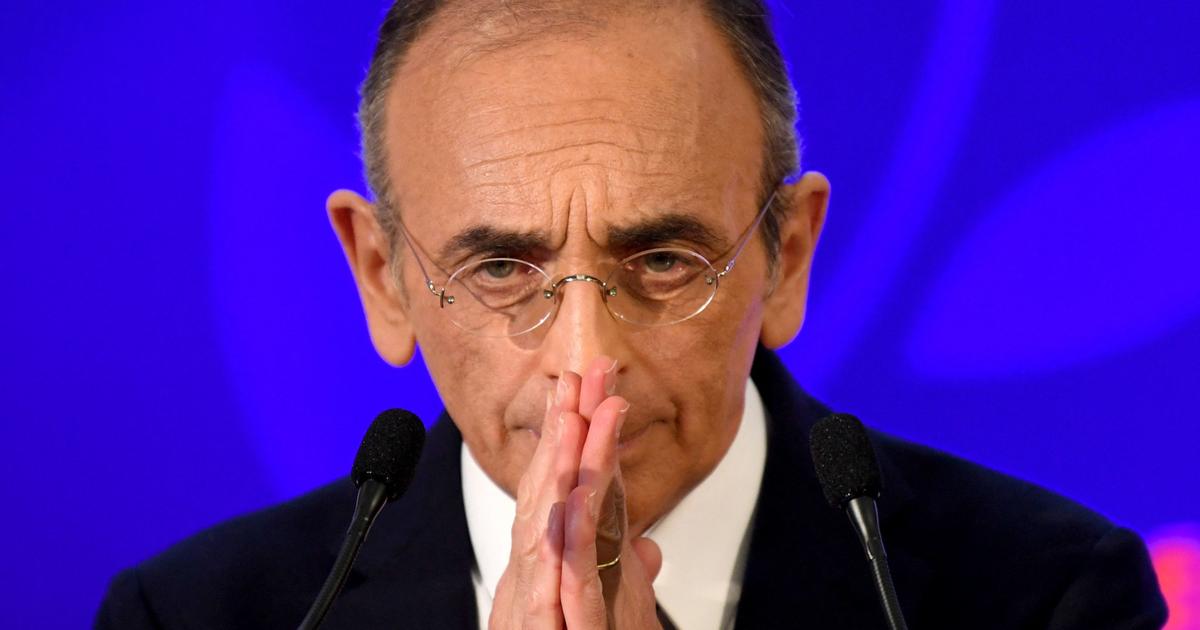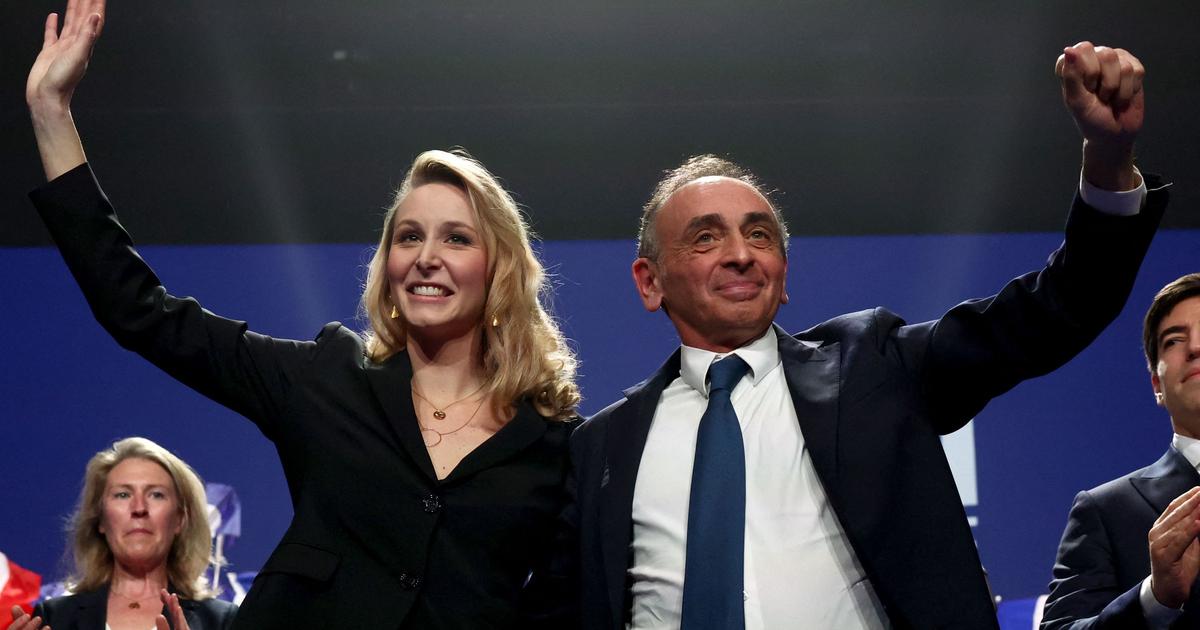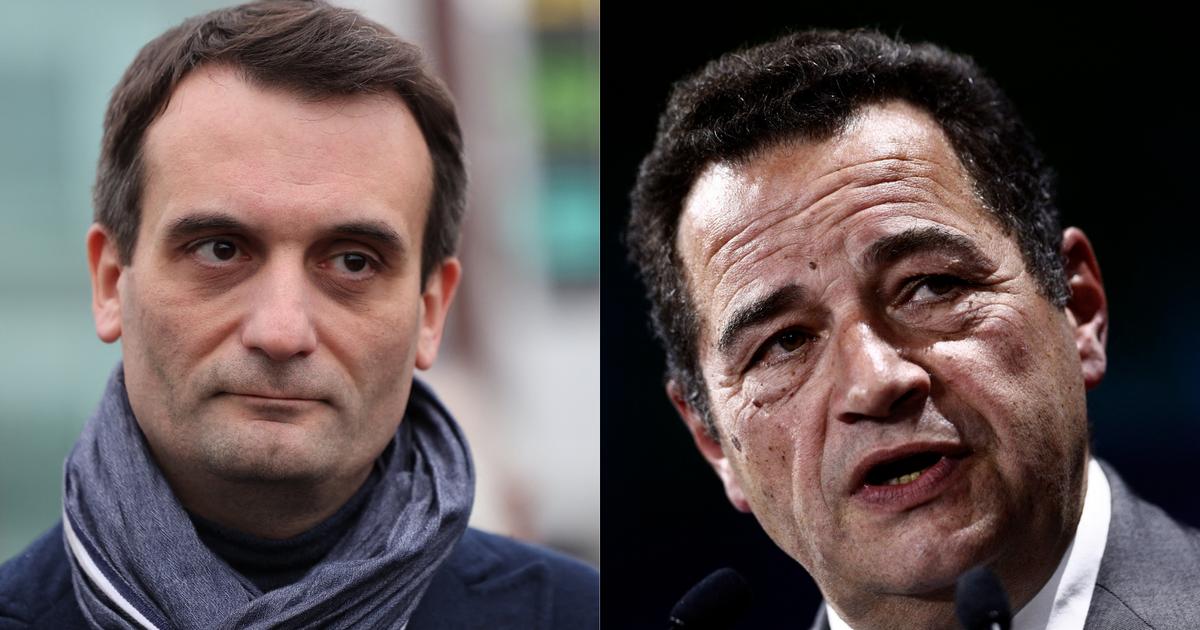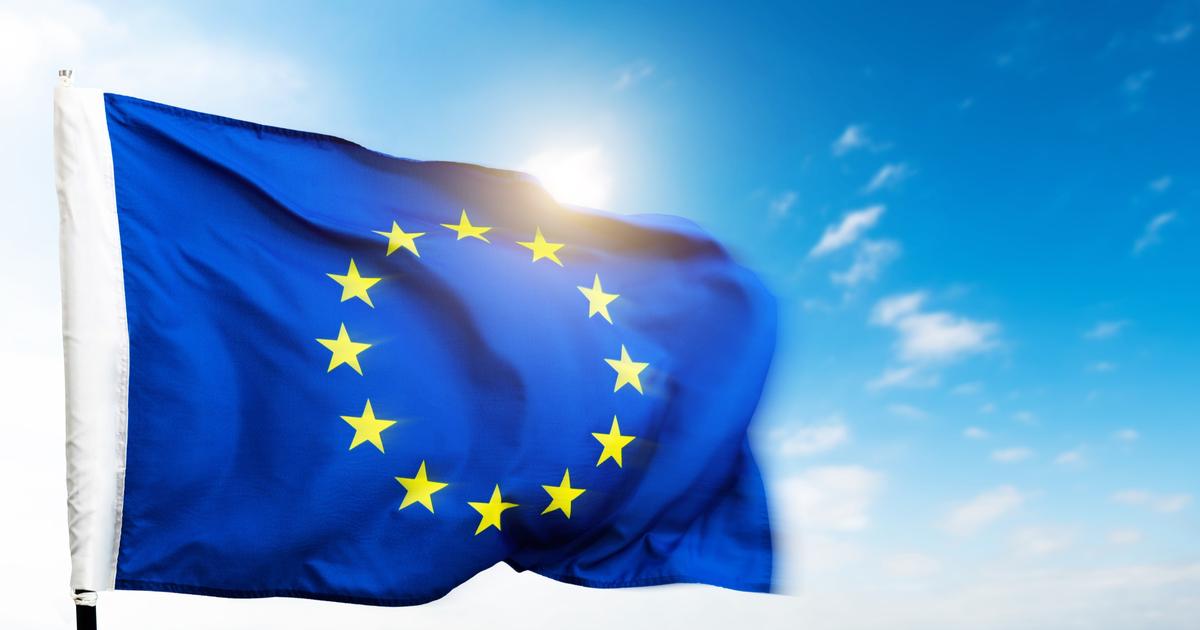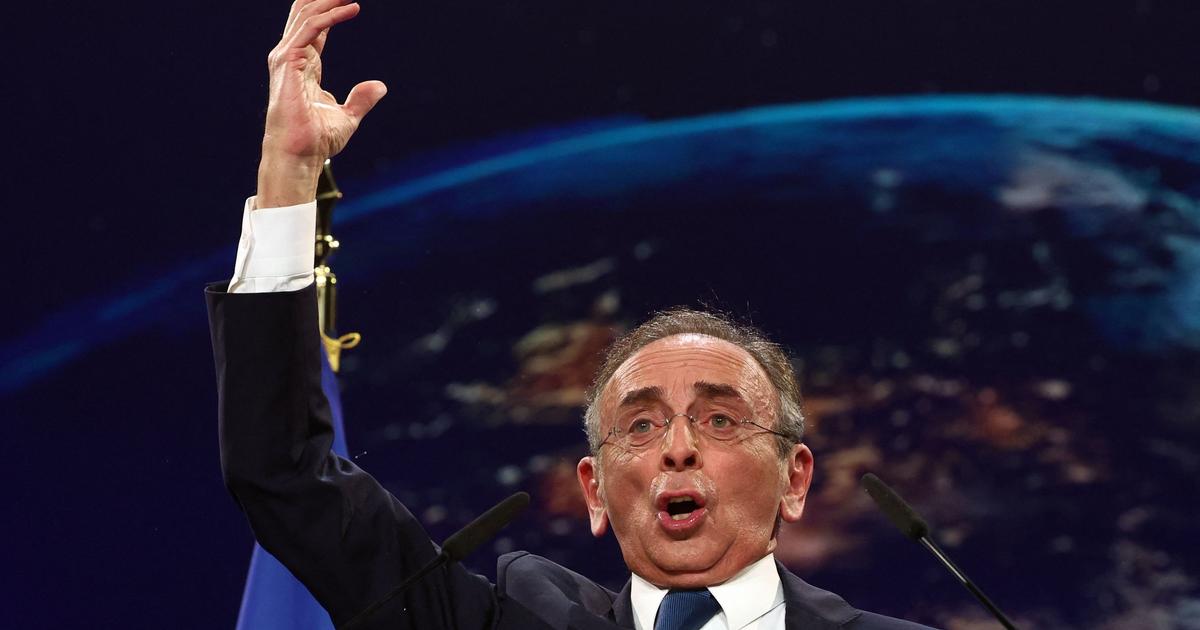Benjamin Morel is a lecturer in public law at the University of Paris II Panthéon-Assas.
FIGAROVOX. - In many polls, Éric Zemmour is now in 4th position, neck and neck with Jean-Luc Mélenchon and Valérie Pécresse. How do you explain this drop?
Benjamin Morel. -
I would say that there are two factors, the differential mobilization of the electorate and Ukraine.
On the first point, what we have already been saying for months is going to happen is happening… the popular electorate is gradually entering the fray.
It's pretty classic.
The pollsters only take into account the voters who are the most certain to vote.
A few months before the election, there is therefore an over-representation of the most politicized electorate and an under-representation of the popular electorate.
However, the electorate of Éric Zemmour is characterized by a strong politicization.
On the other hand, the electorates of Jean-Luc Mélenchon and Marine Le Pen are more popular.
The closer we get to the election, the more this electorate is interested in the election and through its mobilization puts into perspective the electoral weight of the CSP+ and the most militant voters.
In the end, Le Pen and Mélenchon had reservations about abstaining;
not Zemmour and Pécresse.
At the end of the campaign, we no longer really talk about immigration, which makes Éric Zemmour inaudible.
Benjamin Morel
Ukraine plays next, but I am not convinced that it is the Reconquest candidate's supposed proximity to Putin that is the main problem.
It is true that the characteristics of the Zemmour electorate can make it more sensitive to the subject than the Le Pen or Mélenchon electorate.
However, it is above all a double weakening on its thematic base that Eric Zemmour pays for.
The issue of Ukrainian refugees has indeed weakened Éric Zemmour's discourse of coherence.
Éric Zemmour's strength is his consistency with Valérie Pécresse or Marine Le Pen, whose software has fundamentally changed in recent years.
This is what allowed him to break through and build credibility in the face of a disoriented right-wing electorate.
The concern for consistency is that
it must not turn into ideological rigidity.
You have to be political and therefore not have a hypothetico-deductive approach to reality when your electorate also reacts to it with emotion.
Then, Éric Zemmour, despite real efforts to diversify, is a candidate seen as a single subject.
In itself, that can be an advantage… if the campaign is on your topic.
This was the case in October-November and Éric Zemmour's breakthrough is linked to his ability to put on the agenda, not only his person, but also his favorite theme.
However, at the end of the campaign, we no longer really talk about immigration, which makes Éric Zemmour inaudible.
Read alsoPresidential 2022: Éric Zemmour and the specter of fatigue
Éric Zemmour announced, if he is elected, the creation of a ministry of "Remigration". Is this a way to remobilize his electorate? Can this work?
The Zemmour electorate has no mobilization problem.
It is not abstentionist.
It's a chance, and a problem… because suddenly there is no reserve.
The highlighting of these themes is more a way of bringing the immigration theme back to the forefront.
With such a proposal, you inevitably react to the media who are obliged to comment on it.
Your competitors are forced to denounce.
In short, you reimpose your themes, you are at the center of the debates, even if it is to strongly divide.
It is thanks to this strategy that Éric Zemmour managed to exist at the beginning of the fall.
In view of the state of his campaign and the difficulties mentioned, he is republishing the thing.
It's pretty smart tactically, though not sure if it's enough.
Read also Presidential 2022: is there a “hidden vote”?
Can he hope to benefit from a "hidden vote"?
This is the idea cherished by the Zemmour camp.
It convinces me, to be honest, not very much.
This expression was used to refer to the under-declaration of the Le Pen vote in the 80s-90s-2000s.
Indeed, many respondents were ashamed to admit that they voted FN, because this vote was socially badly accepted.
The Zemmour vote may have similar characteristics, but to a much lesser extent.
Above all, polling methods have changed.
From the 2007 elections, online panels became widespread.
To be afraid to answer that one votes for Le Pen on the telephone or in front of a pollster is understandable;
fear that the hackers of the net track the fact that you checked the Zemmour box during
If there is error from the pollsters, it may be in the appreciation of the participation rate.
This is particularly what happened at the regional level.
If the abstention is higher than expected, that means that Jean-Luc Mélenchon and Marine Le Pen may be lower than expected.
The differential participation can then benefit Éric Zemmour, but also Valérie Pécresse.

